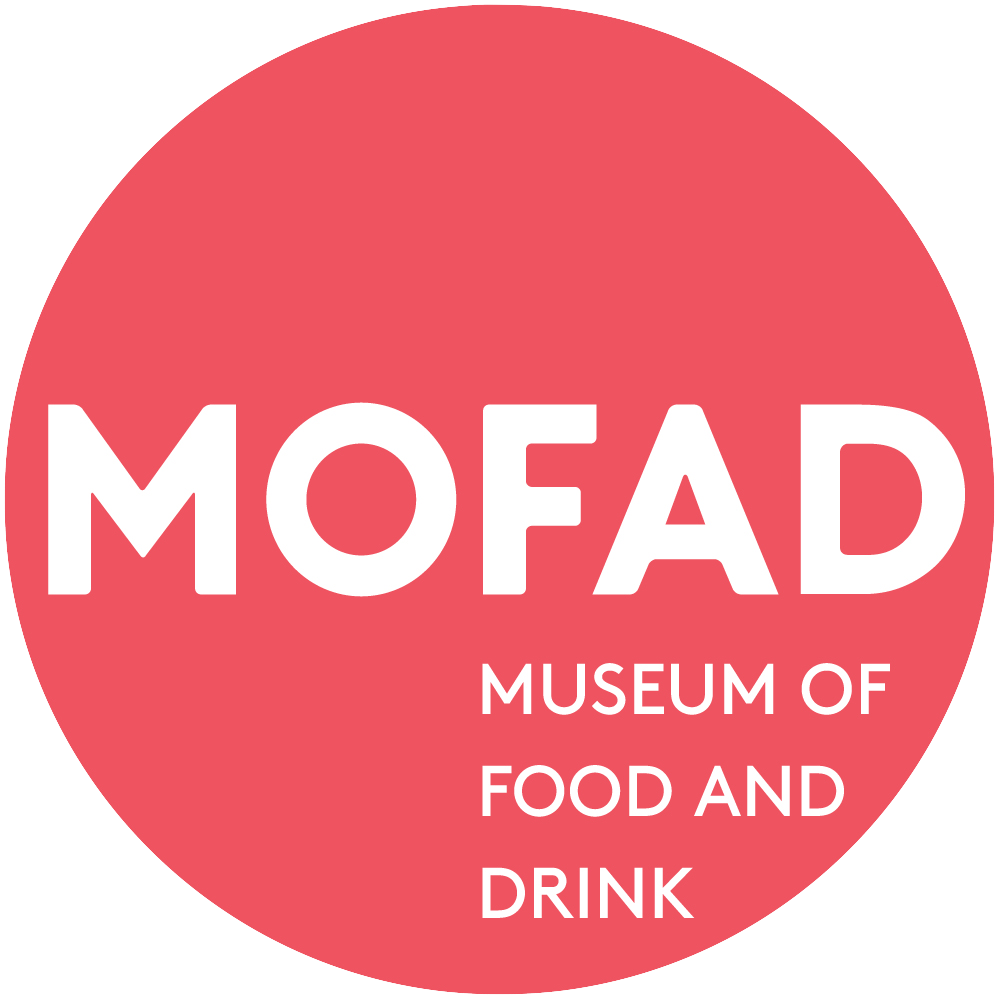Fruiting Bodies: An exploration of mushrooms through a decolonial lens is a three-part virtual series curated and moderated by journalist and writer Simran Sethi.
In this three-part virtual series, MOFAD pulls back the veil on mushrooms, and looks at evolving perceptions of mushrooms for food, drink, and health.
Part one of Fruiting Bodies features activist, co-chair of the IUCN Fungal Conservation Committee, and founder of Fungi Foundation, Giuliana Furci.
Furci will be joining Sethi in from Chile for a virtual conversation that explores the magic of mushrooms as instigators of restoration and connection, and the importance of extending the focus on conservation beyond fauna and flora to include fungi.
GIULIANA FURCI
Giuliana Furci is the foundress and CEO of the Fungi Foundation. She is a Harvard University Associate, National Geographic Explorer, Co-Chair of the IUCN Fungal Conservation Committee and author of several titles including a series of field guides to Chilean fungi and co-author of titles such as the 1st State of the World’s Fungi. She has explored the fungal diversity of over 17 countries and has given lectures, courses and seminars in more than 10 countries around the world.
SIMRAN SETHI
Simran Sethi (she/her) is a multimedia journalist, academic, and consultant who’s endlessly curious about science, sustainability, and the people and places that nourish and heal us. Her current research as a visiting academic at PUFIN Centre at The Open University in Milton Keynes, UK, is focused on exploring ways to dismantle systems of oppression in support of the bio-cultural diversity of sacred plant medicines and the communities and lands that steward them.
Simran is the founder of the Asian Psychedelic Collective, an evolving space of belonging and support for Asians working with and in psychedelics. The effort is supported by her work as an inaugural Rhizome fellow with Culture Hack Labs (a not-for-profit consultancy supporting organizations, social movements, and activists to create cultural interventions for systems change). She is also a member of the first Fireside Project equity cohort, ensuring culturally-responsive peer support for psychedelic experiences and integration.
Named one of the “50 Most Influential Global Indians” by Vogue India and the “environmental messenger” by Vanity Fair, Simran has written for outlets including The New York Times, The Washington Post, National Geographic, Smithsonian, Guernica, and The Guardian; and serves as visiting faculty at John Cabot University in Rome, Italy. She was designated one of the top eight women saving the planet by Marie Claire, and is the author of Bread, Wine, Chocolate: The Slow Loss of Foods We Love—named one of the best food books of 2016 by Smithsonian—about the loss of biodiversity in food and agriculture told through bread, wine, chocolate, coffee, and beer. Simran is coauthor of Ethical Markets: Growing the Green Economy, winner of the 2008 Axiom Award for Best Business Ethics Book, and contributor to several anthologies, including Orion magazine’s Thirty-Year Plan.
Simran is a former contributor to National Public Radio, the creator and host of The Slow Melt podcast (named Editor’s Choice for Best Food Podcast by SAVEUR), and one of the first inductees into Heritage Radio Network’s Hall of Fame. She holds an M.B.A. in sustainable management from the Presidio Graduate School, the first accredited graduate program in the United States to focus on sustainability in business, and graduated cum laude with a B.A. in sociology and women’s studies from Smith College. In 2009, the College awarded her the Smith Medal.




